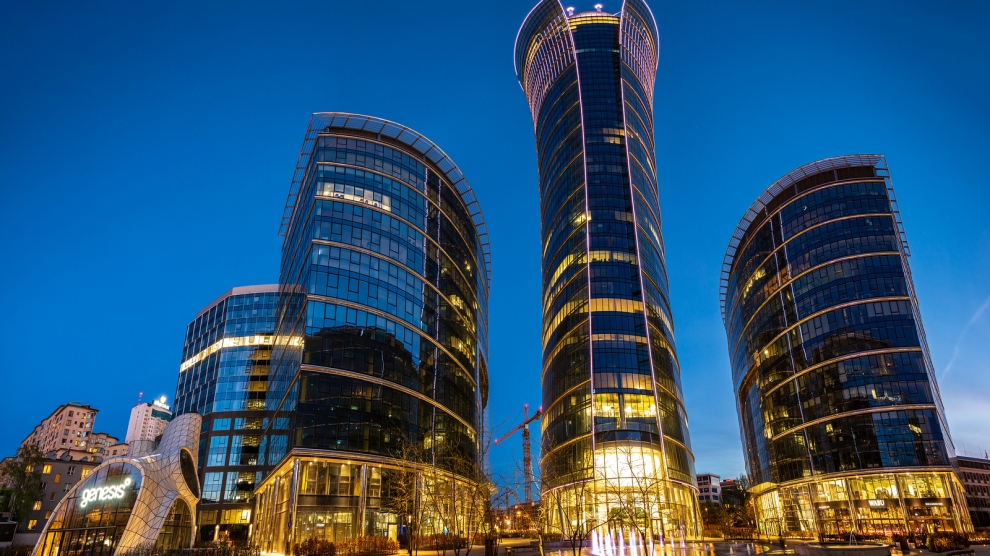The European Bank for Reconstruction and Development (EBRD) is creating a Warsaw-based Central Europe hub for those European Union countries in which the EBRD still operates.
“We’re talking about a group of countries which are internally referred to as the advanced transition countries,” Grzegorz Zieliński, the Bank’s regional director, says as we take a walk during the 28th Economic Forum in Krynica, Poland. “These are countries which advanced the most in their transition to what we would call a perfect, fully-liberalised market economy. These are the countries which joined the EU together in the first wave of expansion in May 2004.
“They are countries which face the same set of challenges. The idea is to be more efficient in delivering the EBRD mandate in those countries, where we don’t necessarily talk about huge transition challenges in the way we used to. We’re talking about the remaining transition gaps, and quite often these are very, very similar across the region.”
The Bank is still defining specific goals and objectives for the regional hub.
“It would be too early to set specific goals. The idea is to use our resources to serve our clients in the region in the best way we can and to try and advance the transition as far as possible. We have a very well-developed banking sector and it’s now a case of coming up with new instruments, new innovative ways of financing what today is not ‘bankable’ for the commercial banks. That’s how we see our added value in the region and that’s something different from less advanced countries where the EBRD operates.”
Mr Zieliński said that earlier in 2018, the EBRD invested in a green bond issued by a Lithuania power utility.
“It might be a little bit too optimistic, or too early, to talk about issuance of green bond by a power utility in Central Asia for example. The same applies to the EBRD’s investment in equity in innovative biotech companies in Poland, which we made earlier this spring. We may want to support innovation across all of our countries of operation but the projects have to be tailored to the specifics of the region and directly linked to the stage of transition. When it enters a different stage, there are different challenges, and with them, different EBRD proposals,” he adds.
So far, the EBRD has invested 17.7 billion euros in the seven countries that joined the EU in 2004 (Estonia, Lithuania, Latvia, Poland, Slovakia, Slovenia and Hungary). In 2007, the Czech Republic and the EBRD decided that the Bank’s assistance was no longer necessary in the Czech Republic.






Add Comment